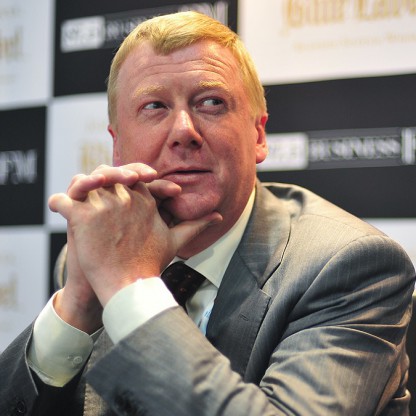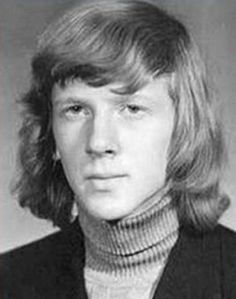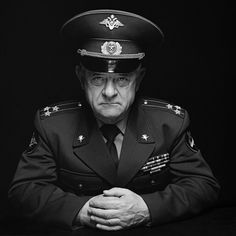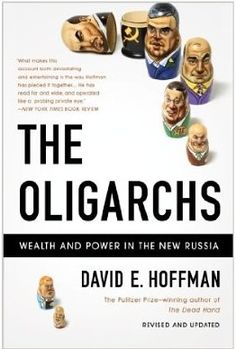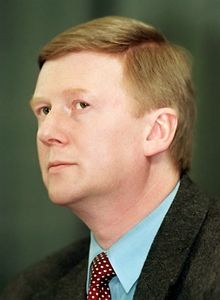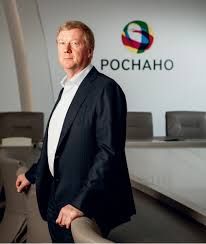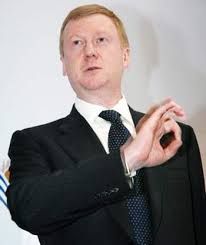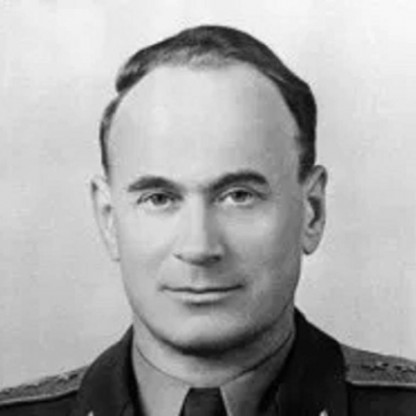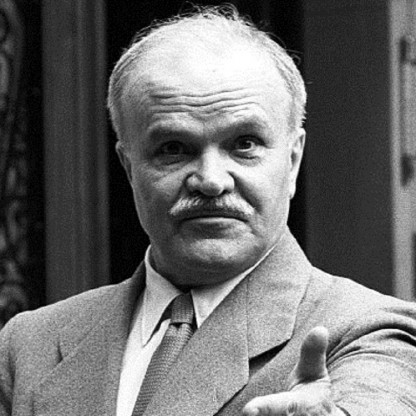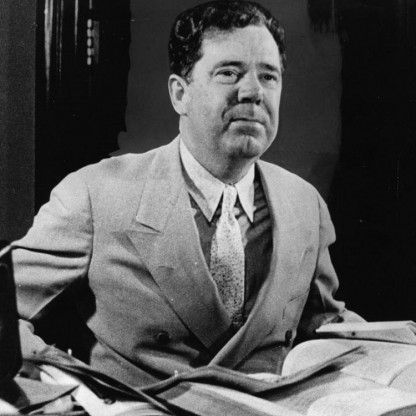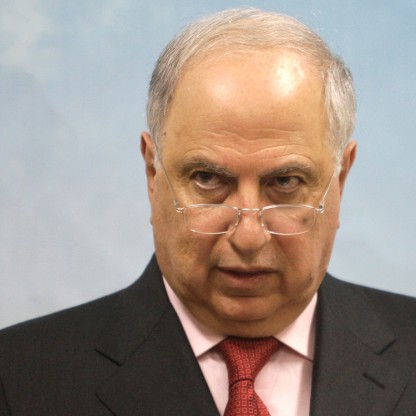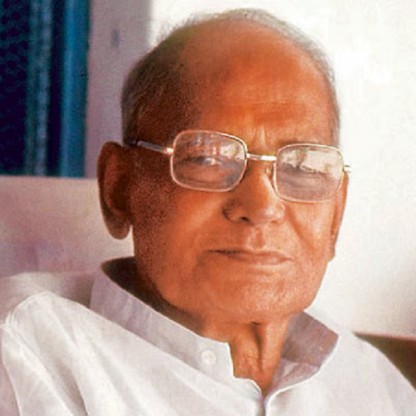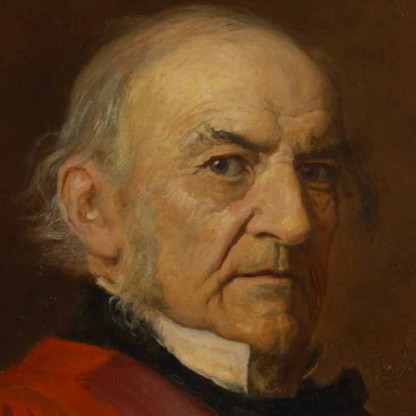Chubais was born on 16 June 1955 in the town of Borisov in Belarus, which was then part of the Soviet Union. His father, Boris Matveyevich Chubais, a retired army colonel and veteran of World War II, worked as a lecturer of Philosophy. Though his mother, Raisa Efimovna Sagal, received a degree in economics at university, she opted to stay home to care for their children on the military bases where her husband was regularly assigned. Anatoly Chubais has an older brother, Igor Chubais (born 1947), a Philosopher.

